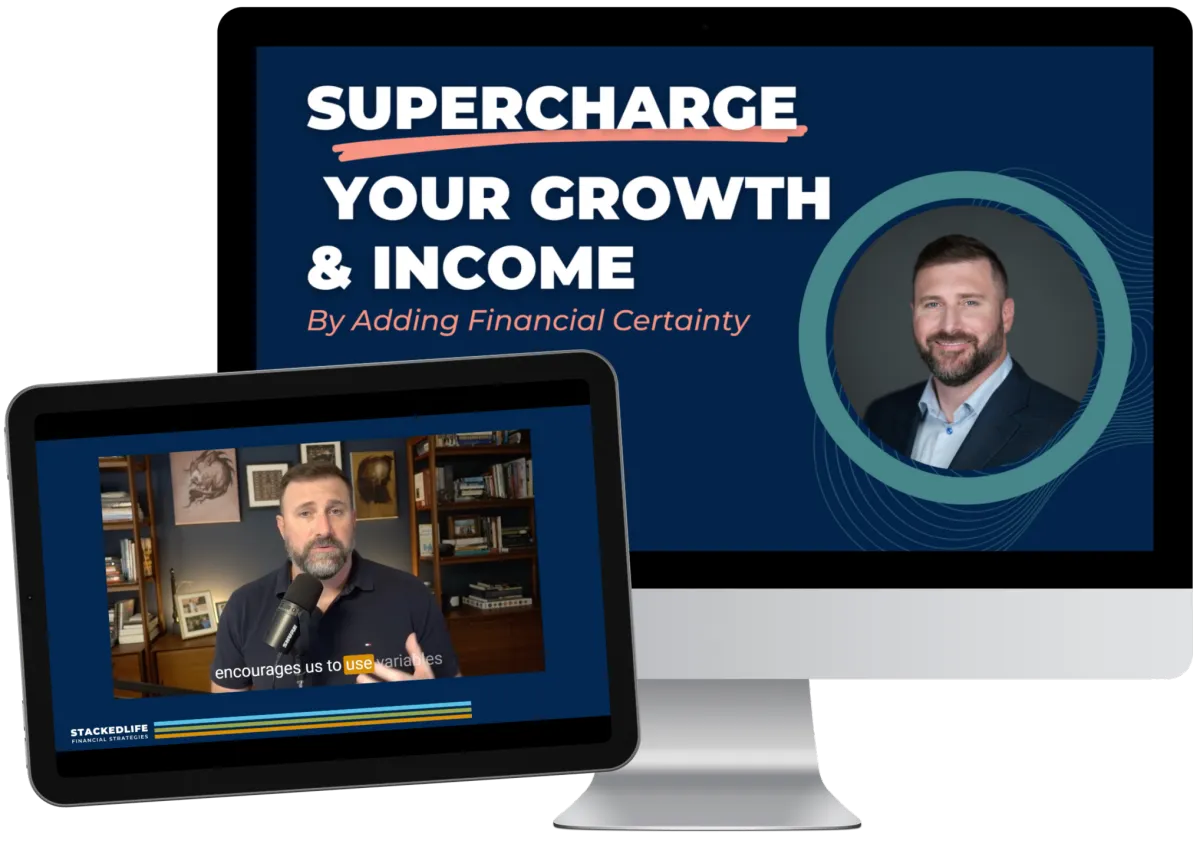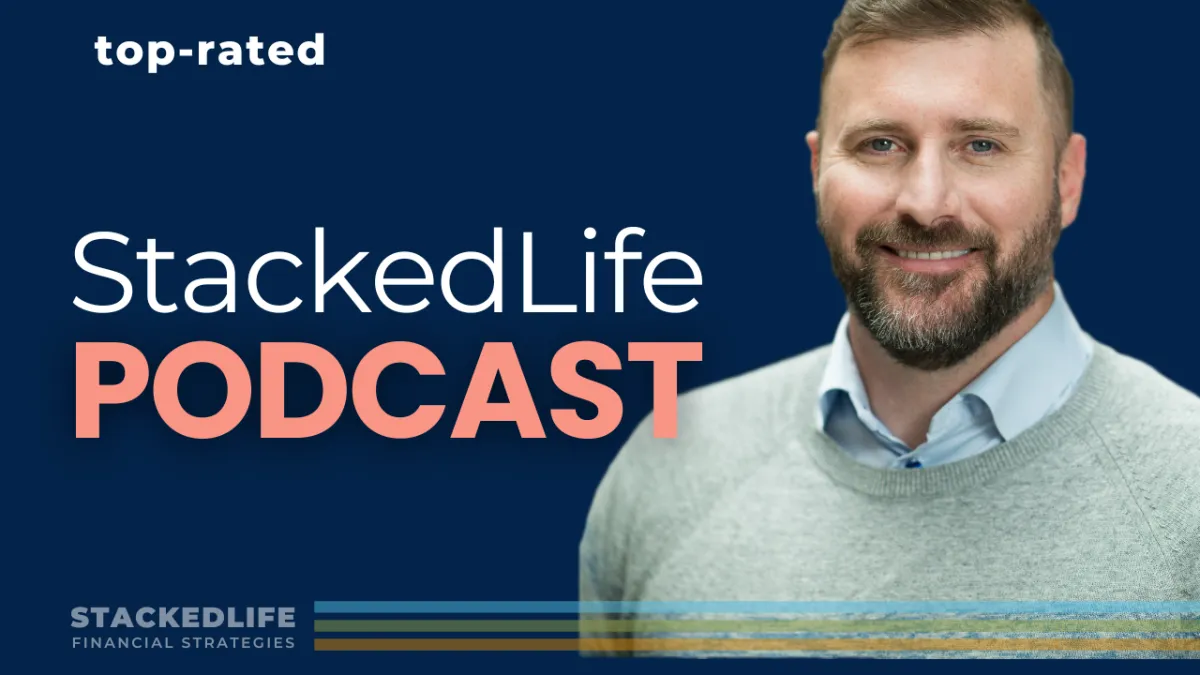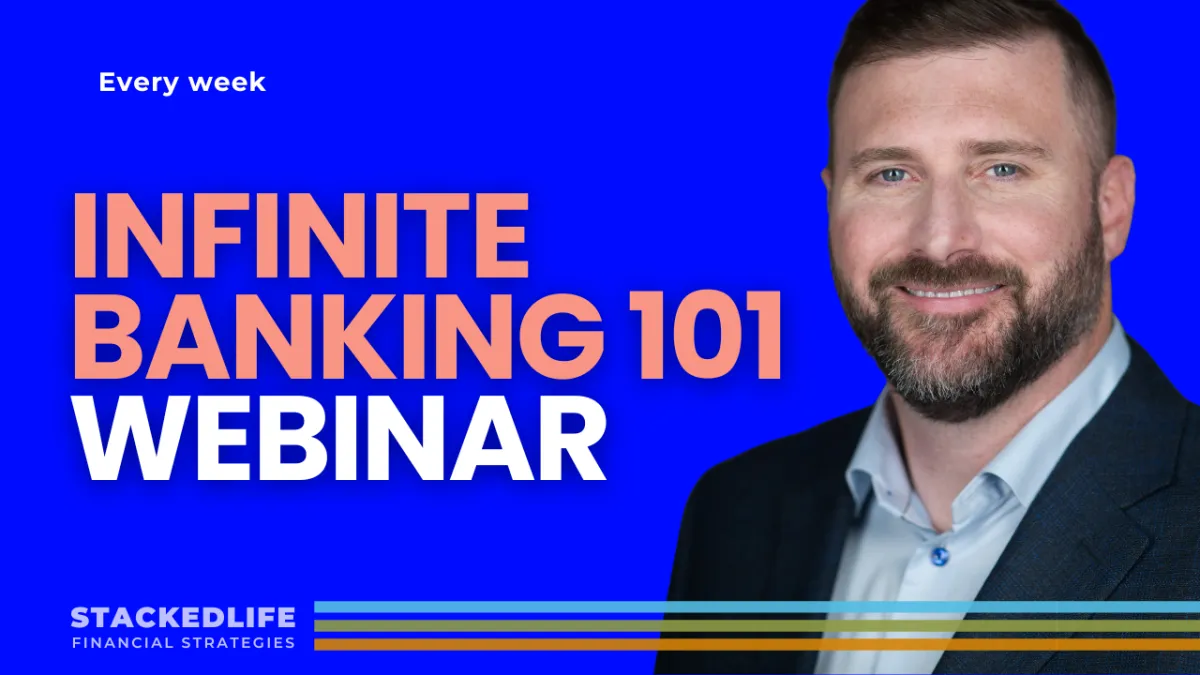Infinite Banking & Life Insurance Implementation
Get the crystal clear guidance you need to confidently buy whole life insurance for The Infinite Banking Concept® (IBC).


I couldn’t have asked for a better insurance advisor than John! He has proven tremendously knowledgeable in his craft. I learn something new every time we talk.
Ian C. - Engineer and Real Estate Syndicator
San Jose, CA

John has been the most important resource on my Infinite Banking journey. He’s part of my family’s advisory council now – just like our accountant, lawyer, and doctor.
Andrew - Owner, Technology Consulting
Alameda, CA

John helped us find a way to accumulate wealth without giving up the liquidity we need when an investment opportunity arises.
Stacey - Business Owner
New York, NY
Start Learning Today
How Much Are Financial Institutions Costing You?
Does any of this sound familiar?
Much of your savings and investments are in qualified plans with no liquidity and an unknown tax obligation in the future.
The bank sets payback terms that maximize interest costs, can be changed, and can cause you to lose everything if payments are late or missed.
You are unsure how your retirement accounts will turn into retirement income.
You give up control and take all the risk only to get an "average rate of return."
Money that you can access for emergencies, operations, or opportunities lies stagnant, earning very little growth.
You feel like an outsider, looking in as you’ve watched the financial insiders win, even if you don’t.
You need a bank’s permission to access capital, even to borrow against your own assets.
You’ve heard that The Infinite Banking Concept® can help with all these things but you are unsure about it or don’t know where to start.
We believe everyone should have the same control, guarantees, and upside that the financial insiders do.
The StackedLife Process
Step 1. Baseline calculation
Assess your current financial situation according to your principles and objectives, not ours. This will give us the starting point to create the rest of your financial map.
Step 2: Learn about the new possibilities
You'll get expert guidance to explore products and strategies relevant to your requirements—no sales hype or pressure.
Step 3: Implement Strategies
We'll guide you through the process of shifting wealth to fund the strategies you choose.
Step 4: 100% Ready with a Lifetime Relationship
Our clients always have access to our open-door policy and cash flow technology to ensure ongoing maximization at the highest level.
Get my free course

Supercharge Your Growth & Income
What's included with this free mini-course
Bulletproof your past financial decisions
Enhance with The Infinite Banking Concept®
"Stack" financials to accelerate growth
I help families buy whole life insurance for The Infinite Banking Concept™
I remember the feeling of powerlessness,
watching those in the know get rich as I trudged ahead slowly.
At the mercy of the institutions, they controlled
not only access to my own capital but access to theirs as well.
Now, after living the principles of The IBC for a decade, my financial life is peaceful, knowing I’m in control and ready to take advantage of future changes rather than react to them.
Through my popular IBC podcast, I've educated thousands and directly helped hundreds take charge of their finances.
I’ve done it for myself and my clients and I can do it for you, too

The Services We Offer

Authorized Infinite Banking®
Become your own banker.
The Infinite Banking Concept® (IBC) is strategic capital accumulation that allows you to take over the banking function for the purpose of financing your large purchases and investments.
Increase liquidity and redirect the flow of money and interest away from the financial institutions and back into your own financial system.

Whole Life Insurance
The optimal platform for Infinite Banking®.
The guaranteed, fully-backed policy loan provision allows for safe leverage, giving every dollar in your system the ability to do more than one job at a time.
Business owners, investors, and high net worth clients experience even more benefits with significant tax savings and premium finance strategies.

Private Wealth Strategies
Growth without Wall Street risk.
Fully-backed private commercial lending and joint venture opportunities provide growth and income for you and/or your business, while always protecting your principal. The perfect complement to The Infinite Banking Concept®
How do I know I'm getting a correctly-designed policy?
Worried about getting a correctly-designed cash value whole life insurance policy? We understand.
Here is the real truth about policy design: All cash value policy designs are choices about tradeoffs.
All the more reason to partner with StackedLife. We will give you the exact advice you need to choose the policy design tradeoffs that are correct for you.

Kyle
PhD Mechanical Engineering
John is great to work with! I found him through his podcast, Strategic Whole Life. He is very knowledgeable and patient and thoroughly answered all of my questions. I highly recommend working with John.

Adam
Real Estate Investor
John is phenomenal. He made certain we were well educated and met with us many times to make sure we were thoroughly comfortable with everything. The process was smooth and well done. You simply cannot go wrong working with John!

Leah
Physician
Excellent personalized help for finances and implementing The Infinite Banking Concept. I don't think the process of buying whole life insurance could have gone any better.
Ready to start accelerating your financial future with guaratees?
Copyright© 2025 John D. Perrings, StackedLife Financial Strategies -- Terms & Conditions | Privacy Policy




